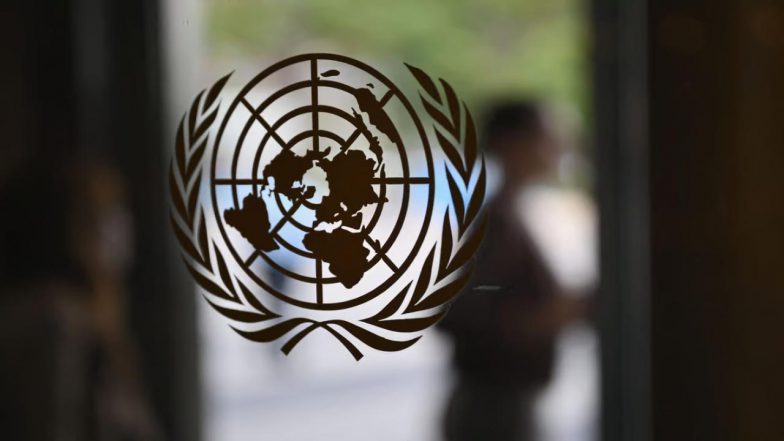Summary
The UN is actively developing AI policy, focusing on ethical, human rights-based, and mandate-led approaches, with the UN Secretary-General promoting proactive AI adoption across the UN system to support innovation and address potential harms.
The UN system is committed to taking a proactive, ethical, human rights-based and mandate-led approach to adopting AI internally in its work. Under the vision outlined in the UN 2.0 Policy Brief, the Secretary-General is promoting a proactive approach for UN system organizations to use new technologies, such as AI, to support all steps of the innovation process, to address gender inequality, discrimination and bias in artificial intelligence data models, and to invest in predictive and prescriptive analytics, enhanced with machine learning and artificial intelligence.
OnAir Post: UN & AI Policy
News
BRUSSELS — The United Nations wants to create an artificial intelligence forum to rule them all.
AI fever has already generated a glut of summits, pledges, nonbinding principles and international talking shops to rein in the white-hot technology.
The U.N. thinks it could do better, according to a recent draft of a report — obtained by POLITICO — from its all-star advisory group featuring thinkers such as Spain’s ex-AI minister Carme Artigas, Pope Francis’ AI guru Paolo Benanti, and OpenAI chief technologist Mira Murati. The report envisions U.N.-backed AI initiatives, and a global AI Office to “fill gaps and bring coherence to the fast-emerging ecosystem of international AI governance responses.”
About
Web Links
Videos
Do we NEED International Collaboration for Safe AGI?
(46:34)
By: Imagination in Action
Dive into an in-depth panel discussion featuring AI visionaries Max Tegmark, Demis Hassabis, Yoshua Bengio, Dawn Song, and Ya-Qin Zhang. In this engaging conversation, the experts unpack the distinctions between narrow AI, AGI, and super intelligence while exploring how international collaboration can accelerate breakthroughs and mitigate risks.
Learn why agentic systems pose unique challenges, how global partnerships—from academia to government—can safeguard our future, and what collaborative frameworks might ensure AI benefits all of humanity. Whether you’re an AI enthusiast, researcher, or policymaker, this discussion offers valuable insights into building a safer, more united AI landscape.


